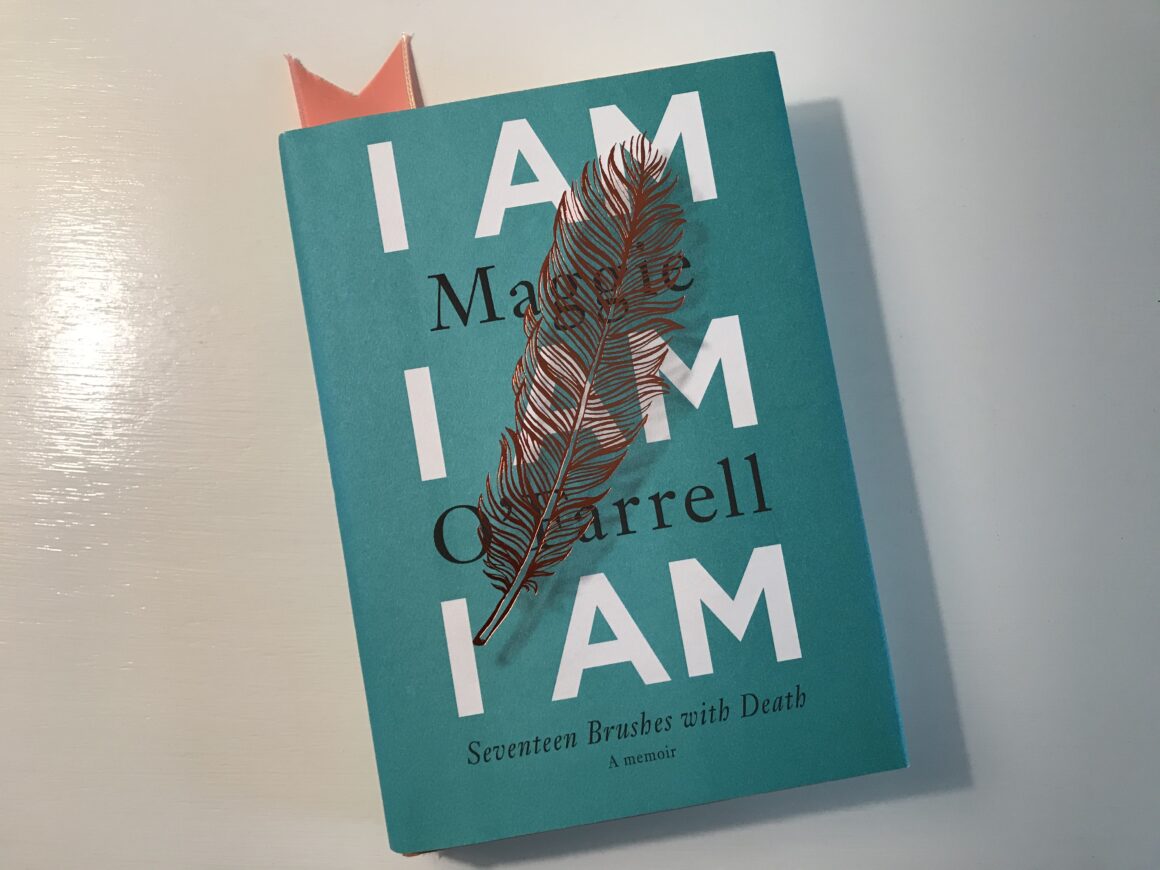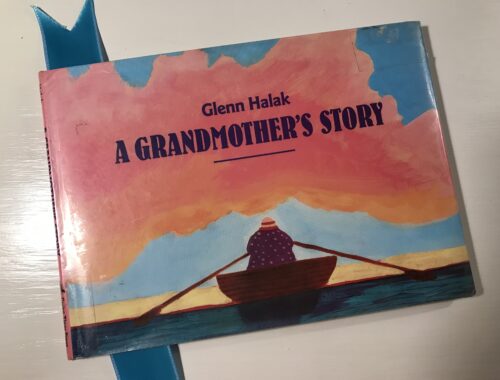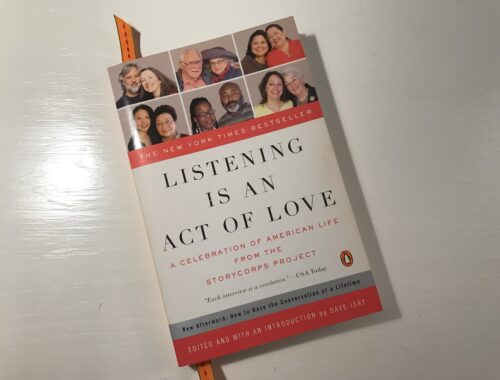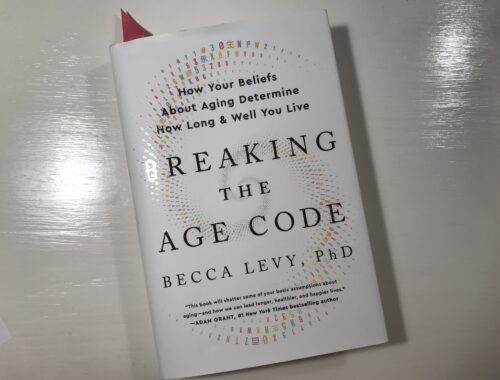
The Razor’s Edge
Maggie O’Farrell’s memoir—I Am, I Am, I Am: Seventeen Brushes with Death—is a wonder of attention, of interest, of expression. Through the intensity of her calm and compassionate focus on the 17 events and her curiosity about their emergences and effects, she universalizes the principles at work in them. She details breathtaking convergences and coincidences that wrest meaning out of seeming randomness. By asserting, repeating, and insisting upon her own—and generously extending it to our—state of being, she illuminates all living and offers us transcendence.
On page after page of its poetic prose, I Am, I Am, I Am reminds me of Nobel Prize winner Wislawa Szymborska’s “Could Have” and all it suggests (translated from the original Polish by Stanislaw Baranczak and Clare Cavanagh):
It could have happened./ It had to happen./ It happened earlier. Later./ Nearer. Farther off./ It happened, but not to you.
You were saved because you were the first./ You were saved because you were the last./ Alone. With others./ On the right. The left./ Because it was raining. Because of the shade./ Because the day was sunny.
You were in luck—there was a forest./ You were in luck—there were no trees./ You were in luck—a rake, a hook, a beam, a brake,/ a jamb, a turn, a quarter inch, an instant./ You were in luck—just then a straw went floating by.
As a result, because, although, despite./ What would have happened if a hand, a foot,/ within an inch, a hairsbreadth from/ an unfortunate coincidence. So you’re here? Still dizzy from another dodge, close shave, reprieve?/ One hole in the net and you slipped through?/ I couldn’t be more shocked or speechless./ Listen,/ how your heart pounds inside me.




